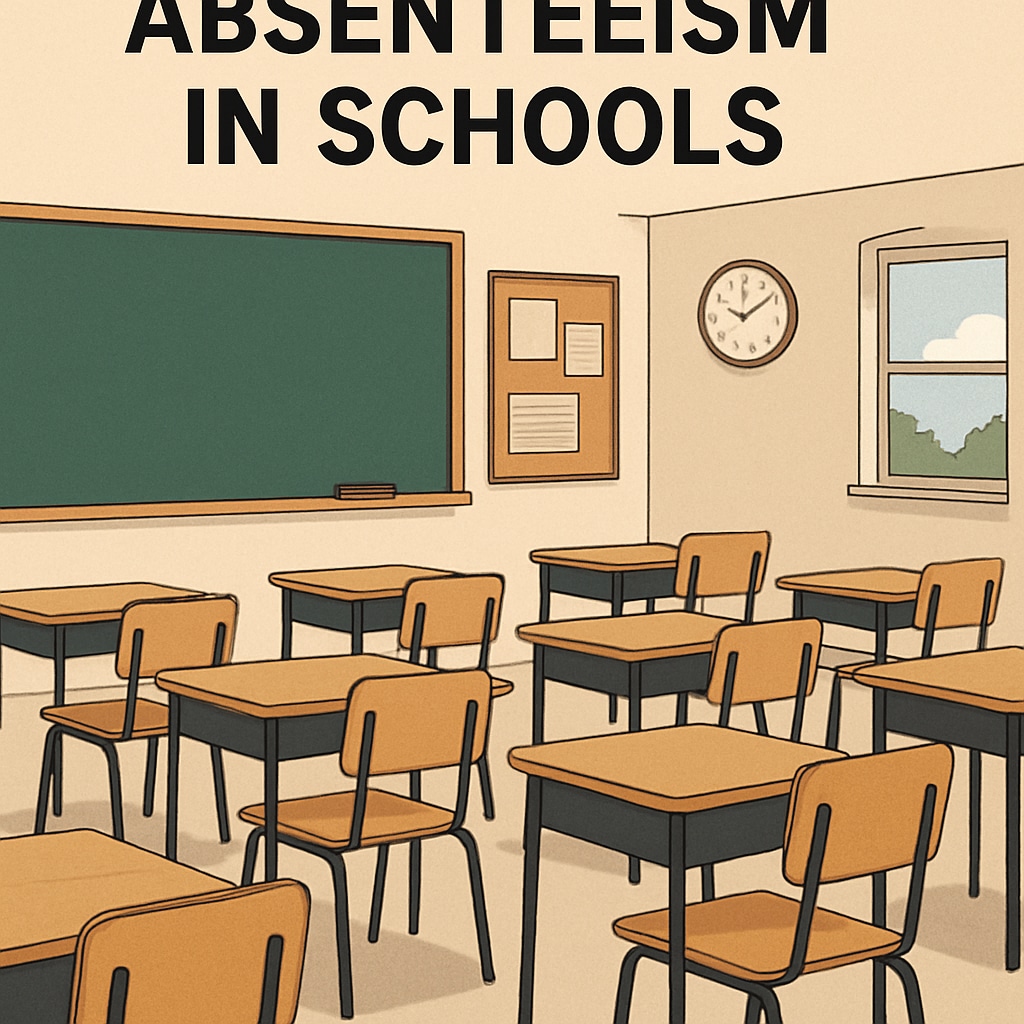In recent years, strict attendance policies in county schools have gained significant attention, sparking debates on whether they serve educational purposes or act as punitive measures. These policies, which classify students as truant after 72 hours of absence, have raised concerns about fairness, student rights, and the role of external organizations in managing attendance. This article examines the implications of these rules and calls for a more compassionate approach to attendance management in schools.
Understanding County Schools’ Strict Attendance Policies
County schools have introduced rigorous attendance policies to address absenteeism. Under these rules, students who miss 72 hours of school without a valid excuse are labeled as truant. Schools often follow up with interventions ranging from parental meetings to disciplinary actions, including suspension or referral to external entities. While these measures aim to promote accountability, their impact on students and families has been mixed.

Critics argue that these policies fail to account for individual circumstances, such as health issues, family emergencies, or mental health challenges. For example, students facing prolonged illnesses might struggle to provide adequate documentation, leading to unfair penalties. Moreover, the strict enforcement of attendance rules risks alienating students who already have a fragile connection to the school environment.
The Role of External Organizations in Attendance Management
One controversial aspect of these policies is the involvement of external organizations, including religious groups and community services, in addressing attendance issues. Schools may refer students and their families to these organizations for counseling or support. While such interventions can provide valuable resources, they also raise concerns about privacy and the appropriateness of non-academic entities influencing school policies.

Studies have shown that interventions involving external organizations can sometimes conflict with students’ cultural or personal beliefs. For instance, families may feel pressured to conform to the values of the organizations, creating tension. As a result, the involvement of third parties in attendance management highlights the need for clear boundaries and respect for individual autonomy.
Balancing Accountability with Compassion
While maintaining high attendance rates is crucial for academic success, schools must strike a balance between enforcing policies and supporting students. A more compassionate approach could include:
- Flexible attendance rules that account for individual circumstances, such as medical or mental health challenges.
- Enhanced communication between schools and families to address underlying causes of absenteeism.
- Access to in-school resources, such as counseling and academic support, to help students catch up without penalization.
By prioritizing empathy and understanding, schools can create environments that foster trust and encourage students to maintain regular attendance without fear of harsh consequences.
Conclusion
The debate over strict attendance policies in county schools underscores the need for nuanced approaches to managing absenteeism. While such policies aim to promote accountability, their rigid enforcement and reliance on external organizations can inadvertently harm students and families. Moving forward, schools should adopt more flexible and compassionate strategies that prioritize student well-being alongside academic achievement. By doing so, they can ensure that attendance policies serve as tools for education, not punishment.
Readability guidance: The article uses short paragraphs, clear headings, and lists to improve accessibility. Additionally, it minimizes passive voice and long sentences while incorporating transitions for flow.


